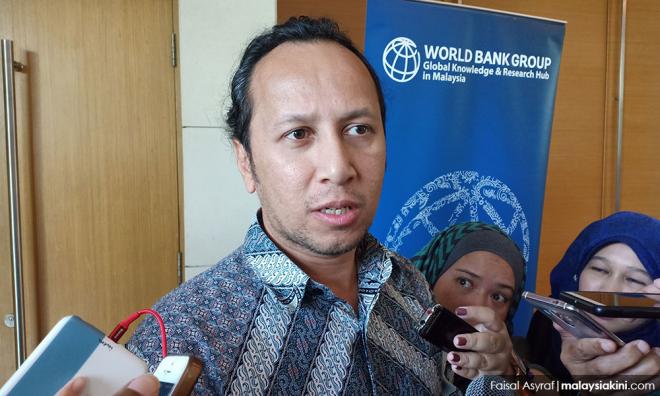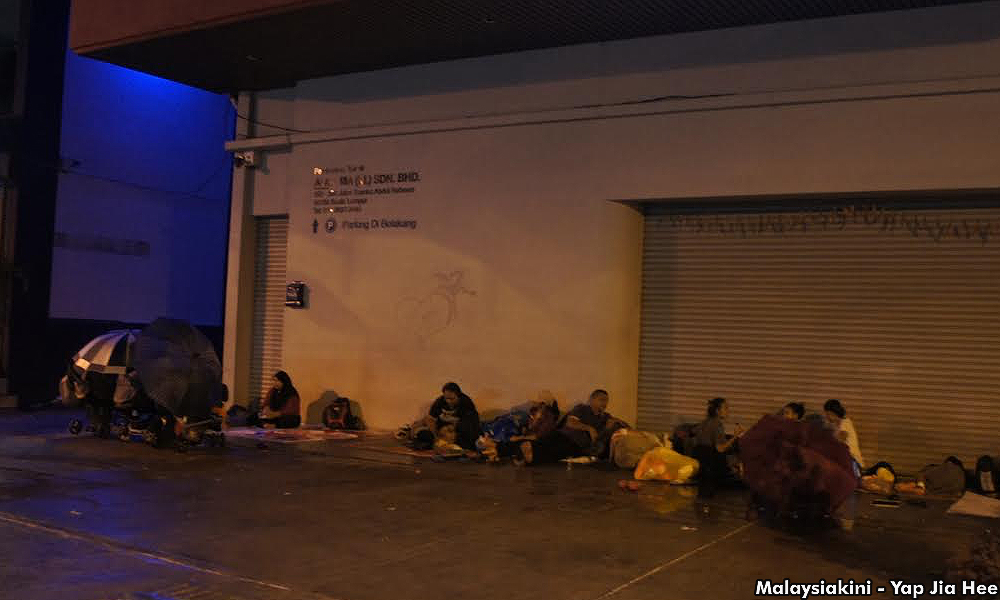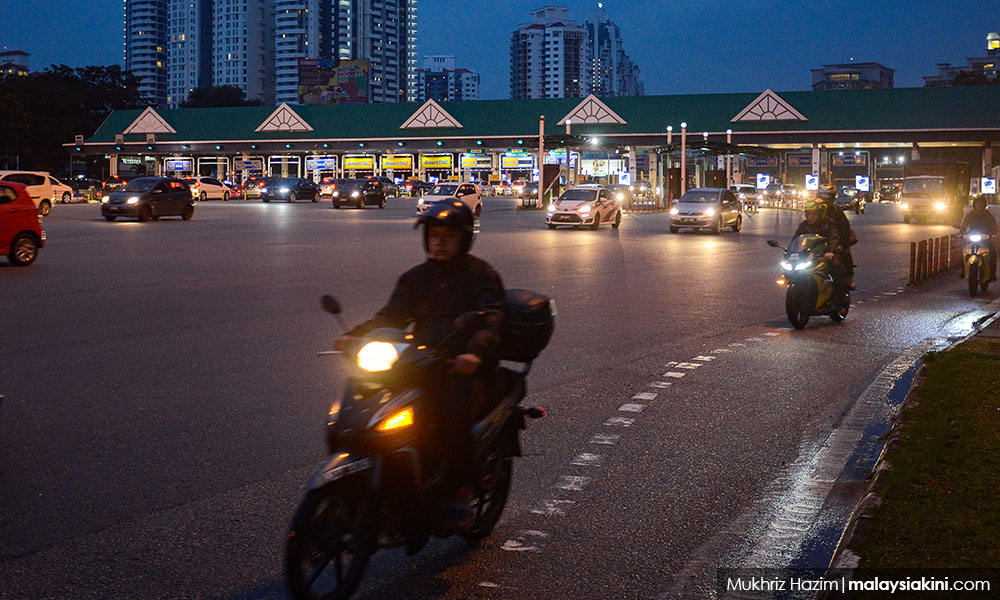
Economist Muhammed Abdul Khalid is supportive of Putrajaya’s move to encourage Malaysians to use e-wallets as mooted under Budget 2020.
However, he said there could be a better way to implement it that frees up funds for other purposes.
“The idea to get low-income people to have an e-wallet is a good idea, but perhaps the existing government income transfer mechanisms can be used.
“(For example) the equivalent amount of what was proposed in the budget (RM 30) of the Cost of Living Aid (BSH) can be put into e-wallets (instead) then you already save half a billion that can be used for other purposes,” Muhammed told reporters in Kuala Lumpur today.
He was speaking after a forum on Budget 2020 hosted by Universiti Malaya’s Law Society and Accounting Club.
Under Budget 2020, the government will give those above the age of 18 with an annual income of less than RM100,000 per year a one-off RM30 credit in their e-wallet.
The government has allocated RM450 million for this, and it is expected to benefit 15 million Malaysians.

The BSH, meanwhile, sees families earning less than RM2,000 per month getting a payout of RM1,000; RM750 for those earning less than RM3,000; and RM500 for those earning less than RM4,000.
Each family receiving BSH also gets an additional RM120 per child, up to four children.
BSH benefited 3.9 million households last year, and Budget 2020 expands this to another 1.1 million disabled or singles under 40 earning less than RM2,000 per month. They will be getting a RM300 payout.
‘Toll takeover doesn’t benefit public’
Meanwhile, Muhammed, who is also the prime minister’s economic adviser, said funds earmarked for the takeover of four highways in the Klang Valley would be better spent on either education or public transportation.
“If we want to spend RM6 billion on tolls, the rakyat should feel the benefit, but the majority would not see a single sen of benefit.
“Those in Kelantan, Johor, Penang, Kedah won’t feel anything. Even those impacted by those tolls won't feel anything because during peak hours there is no discount,” he said.
He further added that the government need only wait for a few more years until the concession ends for a takeover.

In Budget 2020, the Finance Ministry reiterated its plans to take over four highways - Kesas, LDP, Sprint, and Smart - and replace them with congestion charges.
Off-peak travel between 11pm and 5am will be free, while highway use during “normal” non-peak hours will be discounted by 30 percent.
The Finance Ministry has offered Gamuda Bhd and Lingkaran Trans Kota Holdings Bhd (Litrak Holdings) RM6.2 billion for the takeovers.
‘Good budget, but insufficient allocations’
Earlier during the forum, Universiti Kebangsaan Malaysia principal research fellow Denison Jayasooria praised the budget on several aspects, including for robust public consultation and commitment to service debt.
He also praised the budget speech’s emphasis on institutional reforms such as setting up an ombudsman and the Independent Police Complaints and Misconduct Commission (IPCMC) and funding for the MACC.
Another highlight, he said was the budget’s commitment to environmental sustainability by changing the language from talking about green technology and economy to actual conservation.
However, he said, funding for the quantum for these efforts were relatively small compared to the rest of the budget.
Denison also took a critical view of Pakatan Harapan’s second budget which still included allocations based on racial demographics.
“It doesn't matter which government, what ideology, certain things are unchangeable.
“The ethnic dimension cuts across Harapan’s pledge that it would not approach it in that way,” he said.
However, he said this also highlighted how Budget 2020 was the result of consensus within the government.
“Who would believe that (Finance Minister) Lim Guan Eng would allocate RM1.3 billion to Jakim? The right-wing condemns him as a Chinese chauvinist.
“Yet he is the minister that has given the highest allocation to Jakim, not even (former prime minister) Najib (Abdul Razak) allocated that much.
“It shows its not just an individual minister (forming the budget), that it must be a collective decision,” he said. - Mkini



No comments:
Post a Comment
Note: Only a member of this blog may post a comment.